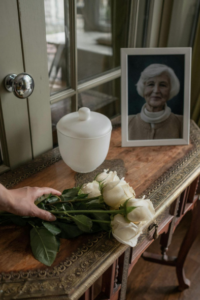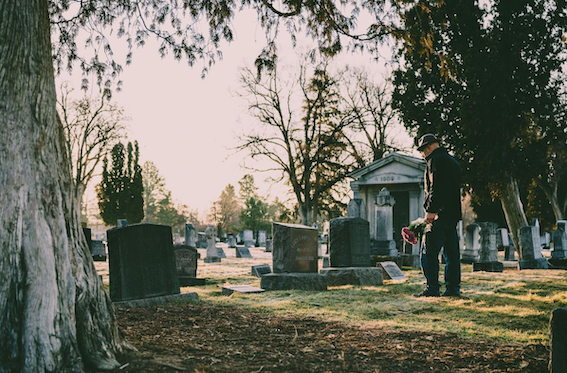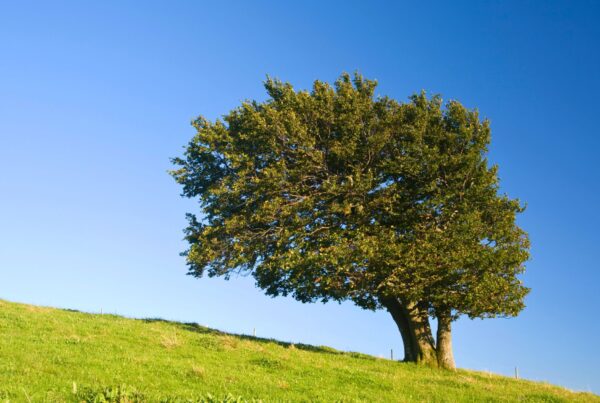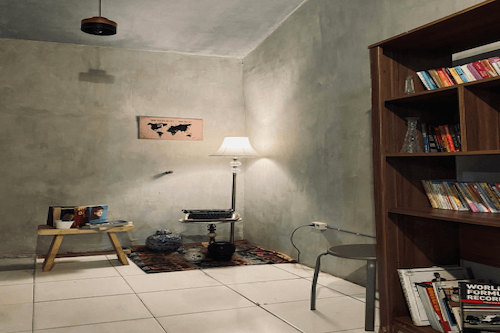Choosing between cremation or burial service is a deeply personal decision that many families face during a difficult time. Whether driven by religious beliefs, environmental concerns, or financial considerations, this choice is significant and often reflects personal values and priorities. Here, we will explore some of the key considerations in deciding between a cremation or burial service, including environmental impact, cost, religious and cultural factors, and available services.
Understanding Cremation and Burial
The first step towards making an informed decision between a cremation or burial service is understanding what each process entails.
Cremation involves the reduction of a body to ashes using intense heat. The ashes can be stored in an urn, scattered in a meaningful location, or even incorporated into jewellery. Cremation offers flexibility in allowing families to choose how they wish to honour their loved one’s memory.
Burial, on the other hand, involves placing the deceased in a coffin and interring them in the ground. This traditional method is often accompanied by a graveside service and provides a permanent resting place where family and friends can visit and pay their respects. Burial is deeply rooted in many religious and cultural traditions, offering a sense of continuity and connection to the past.
Environmental Considerations
Environmental concerns are increasingly influencing the choice between cremation vs burial. As awareness grows about the ecological impact of both methods, many people are seeking eco-friendly alternatives that align with their values.
Eco-Friendly Cremation: Traditional cremation, while generally less resource-intensive than burial, still has an environmental impact due to the energy required for the process and the emissions produced. However, advancements in technology have led to the development of more eco-friendly cremation options. These include the use of eco coffins for cremation, cremation furnaces fitted with ‘scrubbers’ that limit atmospheric pollution, and use of renewable energy sources by crematoria operators.
Eco-Friendly Burial: For those who prefer burial, there are eco-friendly alternatives that minimise environmental impact. This can include the use of eco coffins, which are made from sustainable materials like bamboo, wicker, or cardboard. These coffins biodegrade naturally, reducing the carbon footprint associated with traditional burial practices. Read more about eco-friendly coffin options.
Choosing quality cremation services that offer these options can help minimise the environmental footprint.
Financial Considerations
Cost is a significant factor when deciding between cremation and burial. Associated expenses can vary widely based on location, services chosen, and personal preferences.
Cost of Cremation: Generally, cremation is more affordable than burial. The cost typically includes the cremation process itself, transportation, and a basic container for the ashes. However, additional expenses can arise if families choose to purchase an urn or opt for a memorial service. It’s essential to explore quality cremation services to ensure that the process is conducted with dignity and respect, offering a balance between cost and quality.
Cost of Burial: Burial can be more expensive due to the need for a burial plot, a coffin, and potentially a headstone. Additionally, there are costs associated with preparing the gravesite and ongoing maintenance of the burial plot. Families may also choose to hold a viewing or a traditional funeral service, which can add to the overall expense. When considering burial, it’s crucial to factor in these additional costs to make an informed decision.
Religious and Cultural Considerations
Cremation and Religion: Some religions, such as Hinduism and Buddhism, traditionally prefer cremation. In these faiths, cremation is seen as a way to release the soul from the body, allowing it to move on to the next stage of its journey. However, other religions, like Judaism and Islam typically favour burial as a more respectful way to return the body to the earth.
Burial and Tradition: For many cultures, burial is deeply rooted in tradition and serves as a way to maintain a connection with ancestors. Traditional burial rituals often involve specific rites and ceremonies that are integral to the grieving process.
Flexibility and Personalisation
One of the advantages of cremation is the flexibility it offers in terms of memorialisation. Families can choose to scatter the ashes in a location that holds personal significance, create memorial jewellery, or even incorporate the ashes into a work of art. This flexibility allows for a highly personalised tribute that reflects the deceased’s personality and wishes.
In contrast, burial provides a permanent resting place where family and friends can visit and pay their respects. This can offer comfort and a sense of continuity, particularly for those who value having a specific location to honour their loved one’s memory.
Timing and Convenience
The timing and logistics of a funeral or memorial service can also influence the decision between cremation and burial. Cremation offers more flexibility in this regard, as the process can be delayed to accommodate the needs of family members who may need to travel or make arrangements to attend the service. This can be particularly beneficial in situations where family members are scattered across different locations.
Burial, on the other hand, often requires more immediate arrangements, as the body must be prepared and interred within a certain timeframe. This can add pressure to an already challenging time, making cremation a more convenient option for some families.
Emotional Considerations

Emotional factors play a significant role in the decision-making process, as families seek a method that aligns with their values, providing comfort during a difficult time.
Cremation: Some people find comfort in the idea of keeping a loved one’s ashes close by or scattering them in a place that holds special meaning. This can offer a sense of closeness and connection, helping to ease the grieving process.
Burial: For others, the idea of a permanent resting place provides solace and a tangible location to visit and remember the deceased. The act of visiting a gravesite can be a meaningful part of the grieving process, offering a space for reflection and remembrance. Even if visits are rare, just knowing where that person is can be emotionally comforting.
Legal and Practical Considerations
It’s important to consider the legal and practical aspects of cremation and burial when making a decision. This includes understanding the regulations and requirements in your state, as well as the availability of services and facilities.
Cremation: Legal requirements for cremation vary by state, so it’s essential to research the specific regulations in your local area. This may include obtaining necessary permits or authorisations and ensuring that the cremation is conducted by a licensed provider. Choosing quality cremation services provider can ensure all legal requirements are handled properly for you. It’s also important to consider the options for storing or scattering the ashes, as some locations have specific regulations.
Burial: Burial also involves specific legal requirements, such as obtaining a death certificates and arranging access to an appropriate burial site. Ensure that the cemetery or burial ground you choose is properly licensed and maintained. Families may also consider the potential for future burial plot expansion, ensuring that the chosen location meets their long-term needs.
Choosing a Dignified Cremation or Burial Service
Selecting a service provider is a crucial step in ensuring a dignified and respectful cremation or burial. It’s important to research and choose a provider that aligns with your values and meets your specific needs.
Quality Cremation Services: When selecting a cremation service, consider factors such as the provider’s reputation, the range of services offered, and their commitment to environmental sustainability. Look for providers that offer transparent pricing and clear communication, ensuring that you understand all aspects of the process.
Burial Services: Similarly, when choosing a burial service, consider the provider’s reputation and the range of options available. This may include the choice of burial plots, eco-friendly coffins, and the level of support provided during the planning process. Choose a provider that offers compassionate care and guidance, helping you navigate the complexities of arranging a burial.
Conclusion: Making the Right Choice
Deciding between cremation or burial is a deeply personal decision that requires careful consideration. By understanding the options available, families can make a choice that honours their loved one’s memory and values.
Ultimately, whether choosing a cremation or burial, the goal is to create a meaningful and respectful tribute that celebrates the life of the deceased. By considering all aspects of the decision, including the availability of dignified cremations and eco-friendly options, families can find peace and comfort in knowing that they have made a choice that reflects their values and honours their loved one’s legacy.
If a sustainable and environmentally friendly cremation is for you or your loved one then get in touch with our team at Earth Direct Cremation by calling us 24/7 on 1300 22 44 17 or by filling in our contact form. Our team is only too happy to provide you with a compassionate, sustainable and affordable alternative.





